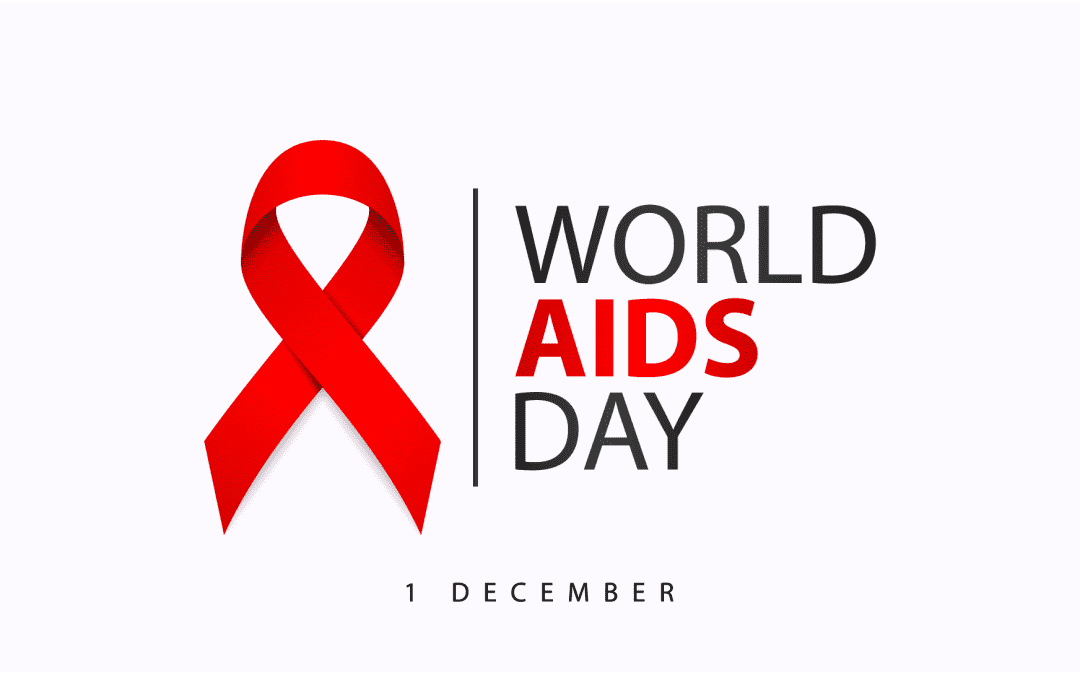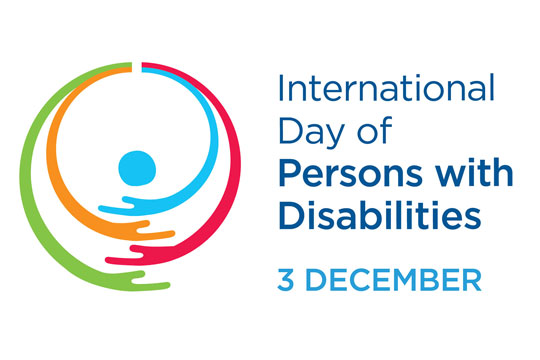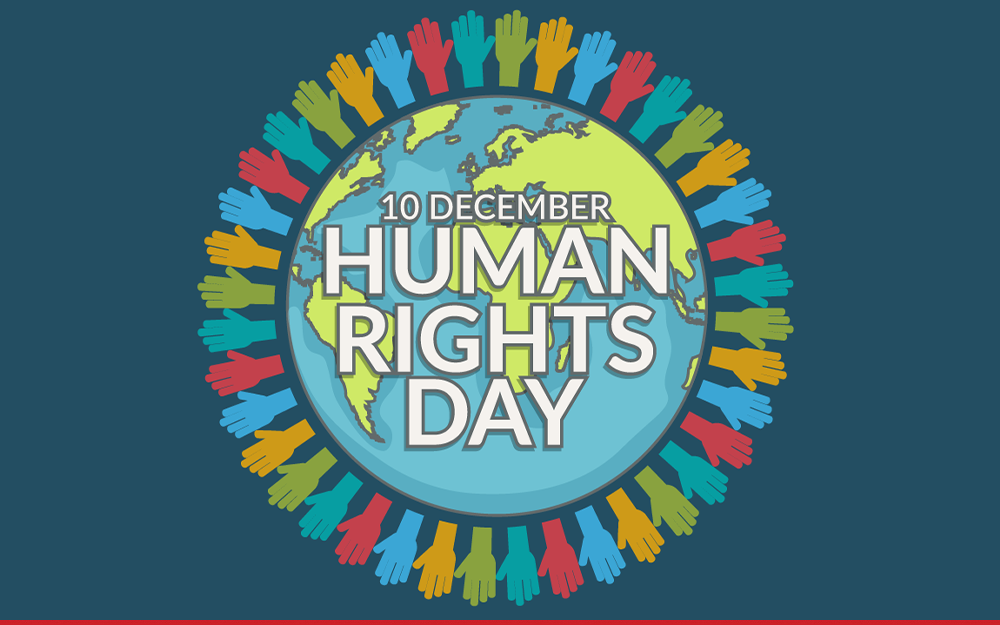World Soil Day 2025
Soil, often overlooked, is one of nature's most incredible assets. A single handful contains more microorganisms than there are humans on Earth. This diverse ecosystem under our feet supports life in myriad ways, from growing the food we eat to acting as a natural filtration system. World Soil Day, observed every December 5th, is a global call to recognize the indispensable role of soil in our lives and the urgent need to protect it.
The Indispensable Role of Soil
International Mountain Day 2025
Mountains have long captivated the human imagination with their majestic beauty and vastness. However, beyond their aesthetics, mountains play a crucial role in our planet's well-being, impacting global ecosystems, climate, and communities. Every December 11th, International Mountain Day is observed to recognize the significance of mountains and the need to conserve them.
Why Mountains Matter
International Migrants Day 2025
Migration is a hallmark of human history. People have always moved, be it for better opportunities, safety, or to escape hardships. International Migrants Day, celebrated on December 18, highlights the contributions and challenges of those who leave their homes in search of a better life and the interconnectedness of our global community.
Understanding Migration and Its Significance
International Human Solidarity Day 2025: Celebrating Unity and Collective Action for a Better World
Observed annually on December 20, International Human Solidarity Day emphasizes the importance of solidarity in addressing global challenges like poverty, inequality, and social exclusion. Established by the United Nations General Assembly in 2005, the day calls on governments, organizations, and individuals to work together to achieve the Sustainable Development Goals (SDGs) and promote human and social development across all nations.
International Day of Epidemic Preparedness 2025: Strengthening Global Health Systems for Future Crises
World Braille Day 2026: Celebrating Accessibility and Inclusion for the Visually Impaired
Observed annually on January 4, World Braille Day raises awareness of the importance of Braille as a means of communication and as a tool for achieving the human rights of blind and visually impaired individuals. Celebrated since 2019, the day honors the legacy of Louis Braille, who invented the tactile reading and writing system in the 19th century, and highlights the ongoing efforts to promote accessible formats in education, health, and employment.










